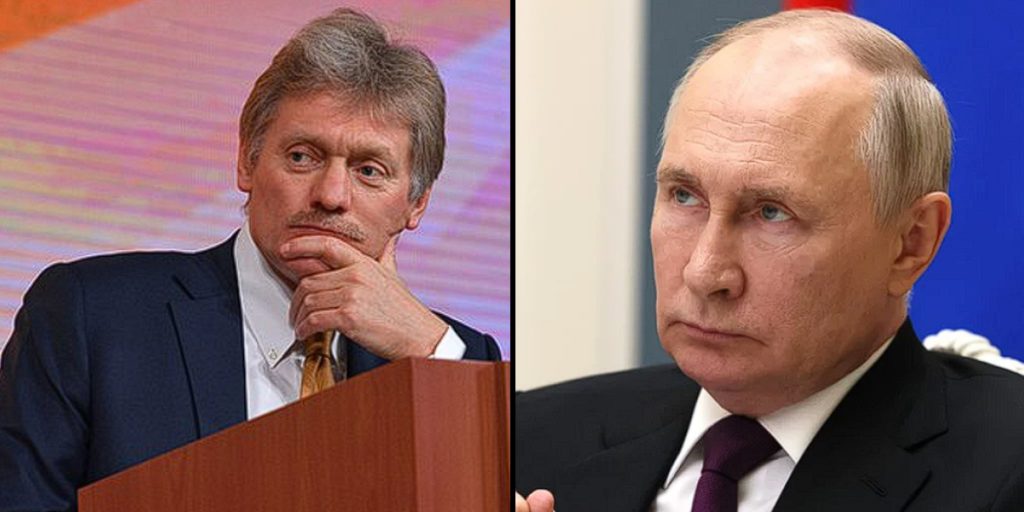Peskov has sharply criticized the accusations, asserting that they are inflicting serious and lasting damage on diplomatic ties.
Others are reading now
Russia’s reaction to recent U.S. allegations of election interference underscores the growing strain in bilateral relations between the two nations.
Irreparable Harm to Relations
According to Tass kremlin spokesperson Dmitry Peskov has sharply criticized the accusations, asserting that they are inflicting serious and lasting damage on diplomatic ties.
Peskov’s comments came in response to a U.S. intelligence report claiming that Russia, alongside China and Iran, is actively trying to influence American elections.
According to the Kremlin spokesperson, the continuous exploitation of Russia and its leader, Vladimir Putin, in America’s domestic political battles has exacerbated the rift between the two countries.
Also read
“Each time Russia and President Putin are used in American political struggles, it causes increasing and irreparable harm to our bilateral relations,” Peskov stated. He emphasized that such exploitation has worsened with each political cycle, reflecting a growing trend in recent years.
Unfounded Allegations
The U.S. intelligence report, which has stirred significant controversy, accuses these nations of ongoing efforts to interfere in U.S. electoral processes. This report highlights the escalating tensions between Washington and Moscow, already strained by various geopolitical issues.
Peskov’s remarks suggest that Russia perceives these allegations not only as unfounded but also as part of a broader pattern of political maneuvering aimed at damaging its international standing.
The Kremlin’s response points to a deeper frustration with what it views as persistent and damaging narratives being used to influence public perception and policy decisions in the U.S.


